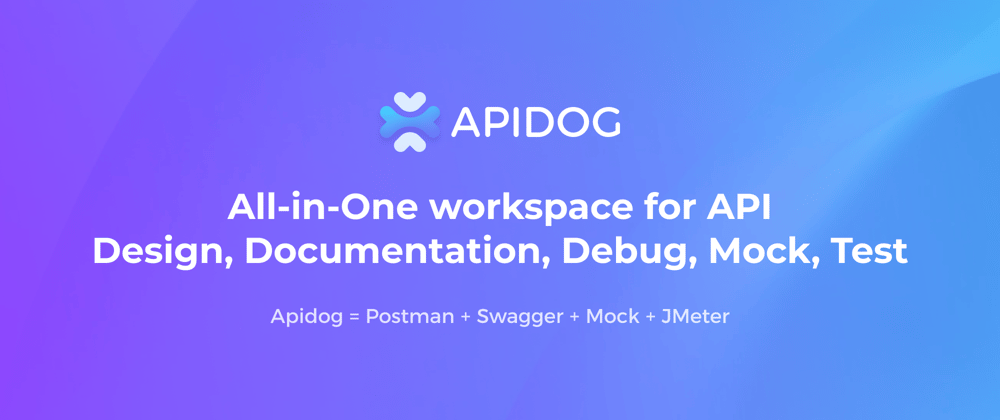How To Use Postman Environment
Understanding Postman Environments
Postman environments are a powerful feature that lets you organize and manage different configurations for your API requests. Think of them as containers for variables that hold information like base URLs, API keys, and other sensitive data, allowing you to switch between various environments effortlessly. This is especially helpful when working with multiple development, testing, and production environments.
Defining an Environment
-
Create a new environment: Click the “Manage Environments” button (three dots icon) found next to the “Runner” button in the Postman interface. This opens the Environments tab. Click “Add” to create a new environment.
-
Name your environment: Give your environment a descriptive name, like “Development,” “Staging,” or “Production.”
-
Add variables: Define the variables specific to your environment. Each variable should have a unique key (e.g.,
baseUrl,apiKey,token) and a value. For example:[{"id": "baseUrl","value": "https://dev.api.example.com","enabled": true},{"id": "apiKey","value": "your_development_api_key","enabled": true}] -
Save your environment: Click “Save” to store your environment configuration.
Using an Environment in Requests
-
Select an environment: Go to the “Runner” tab and select the environment you want to use from the dropdown menu.
-
Reference variables: In your API request, use double curly braces (
{{ }}) to reference your environment variables. For instance, if you want to use thebaseUrlvariable in your API request, you would write:{{baseUrl}}/usersThis will dynamically substitute the correct base URL based on the chosen environment.
Example: Using an Environment for a Weather API
Let’s say you have a weather API with different endpoints for development, testing, and production environments.
-
Create three environments: “Development,” “Testing,” and “Production,” each with a different
baseUrlvariable:- Development:
{{baseUrl}}/api/v1/weather - Testing:
{{baseUrl}}/api/v2/weather - Production:
{{baseUrl}}/weather
- Development:
-
Define the
baseUrlvariable for each environment:- Development:
https://dev.weatherapi.com - Testing:
https://staging.weatherapi.com - Production:
https://weatherapi.com
- Development:
-
Send requests: When you make API calls, choose the appropriate environment, and the
baseUrlvariable will automatically be used based on your selection.
How to Share Environments
You can share environment variables with your teammates to standardize testing and development across your team.
-
Export an environment: From the “Environments” tab, click the “Actions” dropdown for the desired environment and select “Export.”
-
Share the exported file: Share the JSON file with your colleagues.
-
Import the environment: Team members can import the environment by going to “Environments” > “Import.” They can then choose which variables to import and overwrite.
Managing Environment Variables Dynamically
Postman also offers the ability to dynamically update environment variables during the request process. This can be incredibly useful for situations where variables change throughout tests.
-
Use JavaScript pre-request scripts: Add a JavaScript pre-request script to your request, where you can manipulate the values of environment variables.
-
Modify variable values: Use the
pm.environment.set()method to modify a variable’s value:
pm.environment.set("token", "new_token_value");- Access variables in subsequent requests: The modified variable will then be used in any subsequent API requests within the same collection.
Benefits of Postman Environments
-
Reduced errors: Environments help avoid accidental use of incorrect configurations, especially when working with sensitive information.
-
Enhanced productivity: Developers can quickly switch between different environments without manually changing values.
-
Simplified collaboration: Sharing and managing environments fosters team collaboration and consistency.
-
Improved flexibility: The dynamic manipulation of variables provides greater control over test data.
Postman environments are an essential tool for efficient and reliable API testing. By mastering their usage, you can optimize your API development workflow and enhance the overall quality of your applications.
